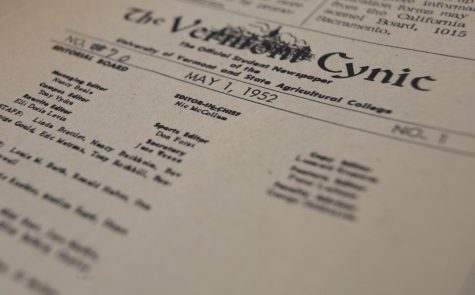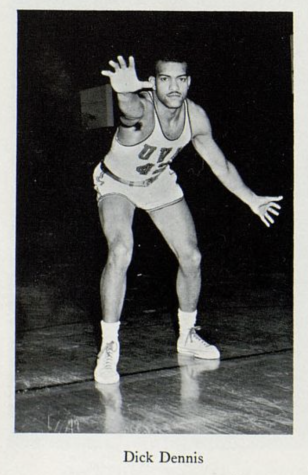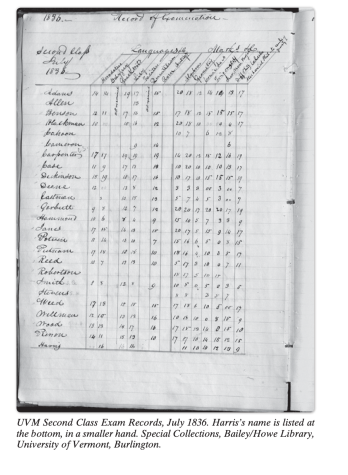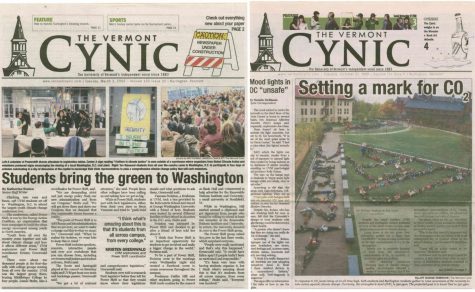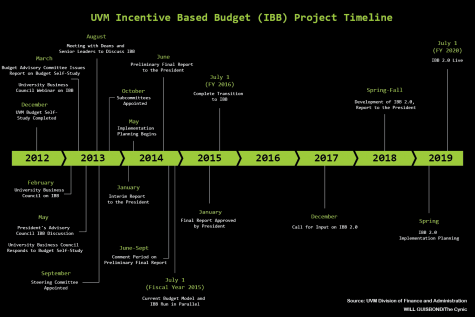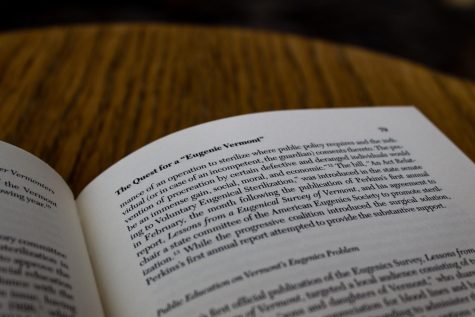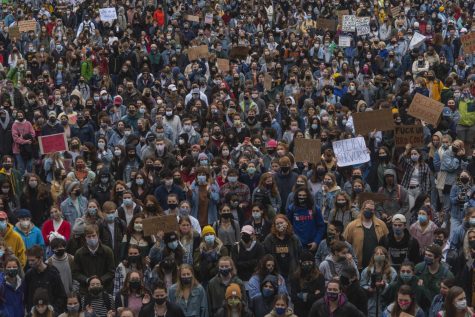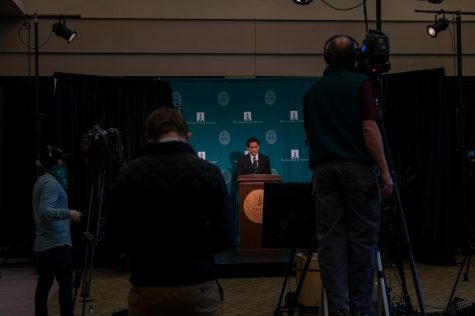Frank Bryan Debates New York
According to a recent historical debate over Vermont’s acceptance into the Union, New York could owe Vermont anywhere from $584,000 to $1.32 billion (nominal late 18th century terms). That figure is without accrued interest.
The reparations stem from the 1791 ruling in which Vermont, to be accepted as a state, had to pay the state of New York $30,000. The debate revolves around issues of sovereignty; was New York’s power over Vermont sufficient to warrant the payment? Was Vermont coerced into accepting the bargain? Did Vermonters recognize New York as their sovereign during the era of the Republic of Vermont? Moreover, was this a warranted move of the day and, if not, should Vermont indeed be in the right to demand reparation payments?
The current focus on the issue was caused by a recently published editorial by Samuel Hand and H. Nicholas Muller, “What New York Owes Vermont.” The authors give a synopsis of the history leading to the decision, one that upheld a 1664 British royal proclamation of the boundaries of New York (although the hegemony of British rule had been terminated with the Declaration of Independence) amongst increasing pressure by the states to join the Union out of concern for security issues and led to Vermont’s agreement to pay New York, whose government eventually redistributed the payments to the pockets of Vermont’s most nefarious enemies from the colonial period.
Thus, on Thursday November 3, 2005 intellectual titans from Vermont and afar staged a heated and humorous show of oratory and sophistry in true Vermont town meeting style debate forum. Arguing the affirmative was Frank Bryan, UVM John G. McCullough Professor of Political Science, and John Dooley, Associate Justice of the Vermont Supreme Court since 1987.
Upholding the power of New York was John P. Kaminski, distinguished professor, founder and Director of the Center for the Study of the American Constitution in the Department of History at the University of Wisconsin-Madison, and Neil Stout, UVM Professor Emeritus of History. The moderator was H. Nicholas Muller III, retired Dean and Professor of History at UVM. Muller was sarcastically deemed ‘neutral moderator Muller’ by Mr. Dooley after Muller’s decidedly slanted pre-debate evaluation of the contextual historical background of the issue when he proclaimed the act to be ‘extortion’ on the part of New York, as well as his co-authoring of the article.
Both sides ramble-roused this loose display of opinion by the moderator in a humorous fashion that was symbolic of the atmosphere in the CC Theatre, both between the audience and panel, and the opposing teams themselves.
The affirmative began the debate with Judge Dooley speaking first. Dooley focused his platform on the nepotism and corruption within the New York government under Lord Dunmore in their practice of land ownership, or, more cynically, transgressions in claiming, surveying, and prospecting within Vermont, a land which these prominent New Yorkers never stepped foot in. One such Albanyite, Goldsrow Banyar, the secretary of the Royal Government of Vermont, owned three percent of modern day Vermont that he had ne’er seen.
According to Bryan, who continued the affirmative after Dooley, they didn’t step into Vermont precisely due to their lack of sovereignty within the confines of Vermont. “They would be arrested immediately by Vermonters,” claimed Bryan in an informal interview outside of the Royall Tyler Theatre. This displays the difference in legal systems and authority between New York and Vermont and supports Bryan’s claim that Vermont was indeed its own sovereign.
As well, Bryan eulogized the bravery of the notorious Green Mountain Boys and their role in protecting not just their own territory of Vermont, but the land, people and wealth of the state of New York. He further proclaimed that the Revolutionary War did not start with the proverbial ‘shot heard round the world’ upon the Lexington Green, but rather the rumble heard round the world when forty Green Mountain Boys stormed Fort Ticonderoga in 1775 months before Lexington and Concord. Professor Bryan then added quite humorously that the GMBs then ‘seized the stocks of liquor’ at the fort and charged Montreal with only sixty-three troops and forty Indian allies. Therefore, Bryan made the case that New York is fundamentally indebted to Vermont for the services of the Green Mountain Boys and out of respect should pay reparations.
The defending party then took the platform with Professor Stout speaking first. Stout built a case that highlighted fundamental issues over the speculation of Vermont by outside powers which the affirmative had foregone. In particular, was Benny Wentworth the Governor of New Hampshire who granted the land in Vermont to very important and influential residents of Britain in an effort to build power through association. In fact, Vermont was actually known as the New Hampshire Grants, symbolic of Wentworth’s influence not of anyone from New York.
Then Professor Kaminski acquired the pulpit. Responding to a statement made earlier by Justice Dooley, Kaminski began by proclaiming that ‘king of America is law’ and asking why a judge didn’t want to bring Vermont’s case to the courts if they were so confident in the righteousness of their claims. Professor Kaminski took a shot at the much heralded Ethan Allen, saying that Ethan Allen was just as involved as any New Yorker in the grabbing of cheap land and further desecrating this reverent Vermont figure by saying that he would be surprised if Ethan Allen worked an honest day on a farm in his life.
Then Kaminski made the point that Vermont acknowledged New York to be their sovereign, asking why else would Vermont agree to pay for recognition. Further, Kaminski said that Vermont’s representatives in 1791 with New York held no qualms about such a “trifling sum,” represented through their immediate ratification.
Once more, professor Bryan then took the stage to finish the formal debate. He instantly retorted a claim by Kaminski that Vermont was not its own sovereign under the Vermont Republic period from 1777-1791, saying that Texas was the only territory to be annexed. “We were a lot smarter than Texas,” he jested in reference to the Alamo, “we did it the right way.” Later adding, “Our only mistake was naming this New Connecticut, and we changed that quickly!”
He defended Vermont’s delay in its payment, which eventually led to the Allens and other powerful Vermonters seizing the farms and dispossessing many Vermont families who were not able or willing to pay the state’s first tax, which was actually destined for Albany. Recalling the words of Ethan Allen when he was being pressured at a pub by New Yorkers to collect taxes, Bryan recited, “All together now; the Gods of the hills are not the Gods of the valleys.” Bryan ended by claiming that, indeed, Vermont was recognized as not only its own de facto sovereign, but de jure as well.
In a show of classic New England tradition, the audience was asked to vote for the victor in town meeting style, standing up in public representation for their choice. Bryan, Dooley and Vermont carried the day as the Green Mountain Boys epically carried the cannons over the Green Mountains in 1775.


